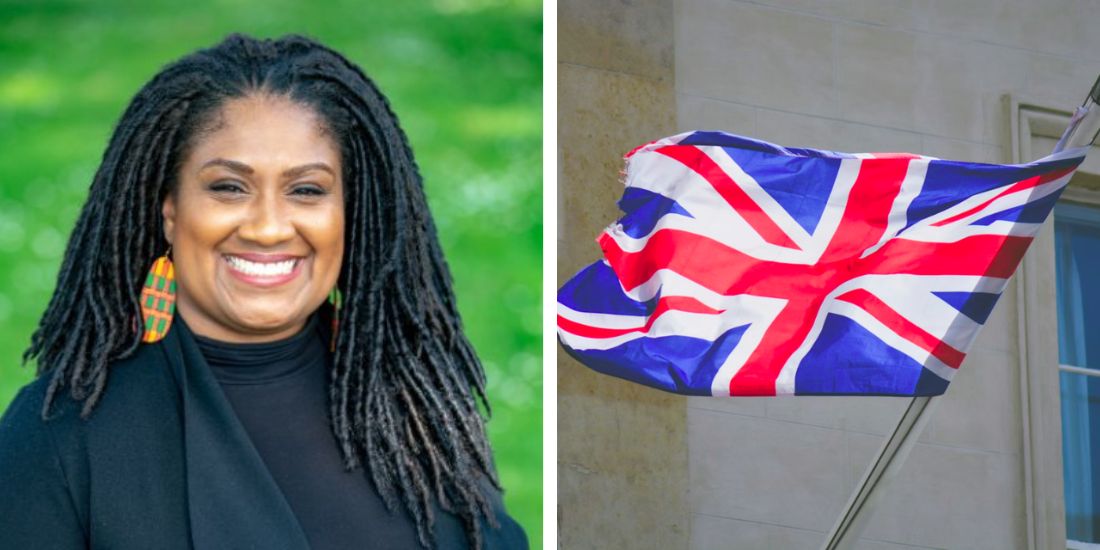The following article highlights a few of the topics addressed in the newly released book, The Yanks Are Coming! A Military History of the United States in World War I (Regnery, 2014):
For many Americans, the Civil War and World War II are endlessly fascinating rather than mysterious. But the First World War, the bridge between these two events, in which Patton commanded his first tanks, Douglas MacArthur won seven silver stars, Sergeant Alvin York rounded up 132 German prisoners almost singlehandedly, and Eddie Rickenbacker became our jaunty ???ace of aces,??? is almost terra incognita.
Even worse, instead of recognizing America???s heroic role in the war, many Americans seem to think that we were hornswaggled into it and that the war itself was somehow disreputable, a futile slaughter for no good purpose.
This is entirely wrong. What was at stake in the Second World War was largely what was at stake in the First World War: Should an aggressive, militaristic (and Social Darwinistic) Germany be permitted to forcibly subjugate and dominate the continent of Europe?
Too many think of the victorious generals of the First World War as stupid, callous, and contemptible, though they won their war in four years, rather than the six years of the Second World War, and at a cost of 17 million lives rather than 60 million. A common mental picture of the war???suicidal charges against machine gun emplacements???gives the wrong impression. Most deaths came not from machine guns, but from artillery.
Nor is it true that the First World War inevitably paved the way for Hitler and the Second World War. Winston Churchill, who certainly has some standing on this issue???he served as First Lord of the Admiralty and in the trenches in the First World War and was Prime Minister of Great Britain in World War II???wrote: ???There never was a war more easy to stop than that [Second World War] which has just wrecked what was left of the world from the previous struggle.???
It is a myth that America could have stayed out of the war. If President Woodrow Wilson could have avoided war with Germany, he would have done. Not only did he not want war, but he staffed his administration with men who were near-pacifists, like his first Secretary of State, the populist and buffoonish ???human trombone??? (as Theodore Roosevelt called him) William Jennings Bryan who hated ???financial imperialism??? (and every other kind) and distrusted military men, foreigners, and aristocrats.
Wilson???s first choice for Secretary of War was a Quaker pacifist. When he declined because ???I should consider myself a living illustration of a horrible incongruity,??? Wilson eventually settled on Newton Baker, a former mayor with pacifist leanings who told reporters, ???I am an innocent. I do not know anything about this job.??? Baker confessed he had not even played with toy soldiers when he was a boy.
Wilson???s Secretary of the Navy was Josephus Daniels, another near pacifist, suspicious of big business, like Bryan, and a temperance agitator. With Europe engulfed in an all-consuming war, Wilson???s cabinet was stocked with men who on the whole would rather have been smashing whiskey barrels than smiting the Hun.
When it came to the Great War in Europe, Wilson wanted Americans to be ???impartial in thought as well as in action???; he wanted neutrality so absolute that it guided not just the actions of our government, but ???what newspapers and magazines contain???what ministers utter in their pulpits, and men proclaim as their opinions on the street.??? Even with Americans, including women and children, slaughtered on the high seas by German U-boats, Wilson declared that there was ???such a thing as a man being too proud to fight.???
But in the end, the Second Reich had to be fought. The German high command knew that resuming unrestricted submarine warfare in 1917 might draw the United States into the war, and even invited a Mexican invasion of the southwestern United States should that happen. The Germans wagered that they could cut Britain???s lifeline to the sea and win the war before America roused herself to do anything. In General Erich Ludendorff???s words, ???What can she do? She cannot come here!...I do not give a damn about America.???
American biologist Vernon Kellogg, a pacifist, had the experience of sitting at table with some of Germany???s leading officers in their Brussels headquarters early in the war. He came back from that experience ???an ardent supporter, not of War, but of this war??? because he saw that the highly educated and scientifically literate German officer class had ???a whole-hearted acceptance of the worst of Neo-Darwinism, the Allmacht of natural selection applied rigorously to human life and society and Kultur??? that justified German brutality and aggression. The Second Reich was not as evil as the Third, but its forcible subjugation of Europe was in no less need of rejection; and America???s role in that victory is one that should be better known and celebrated, not regarded with ignorance or shame.
H. W. Crocker III is the author most recently of The Yanks Are Coming! A Military History of the United States in World War I.





